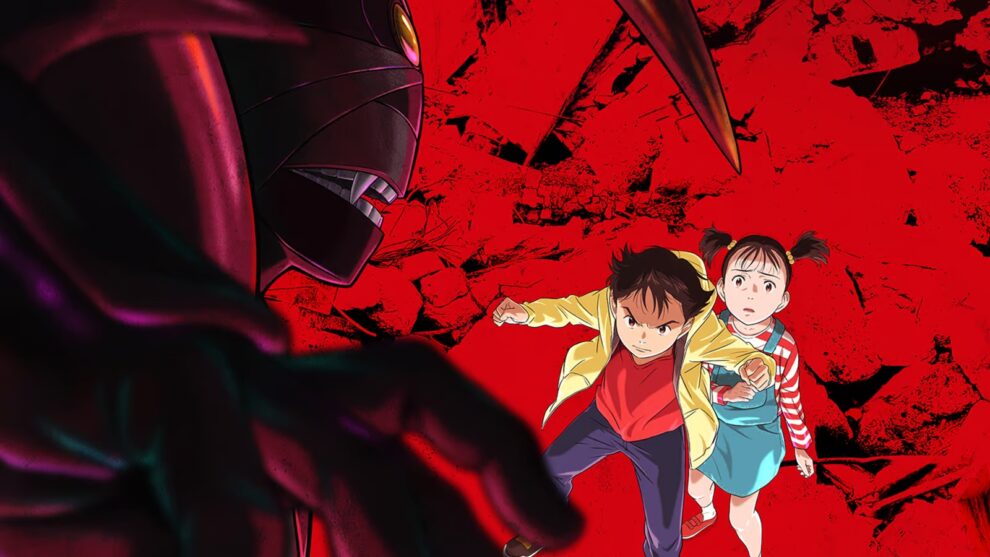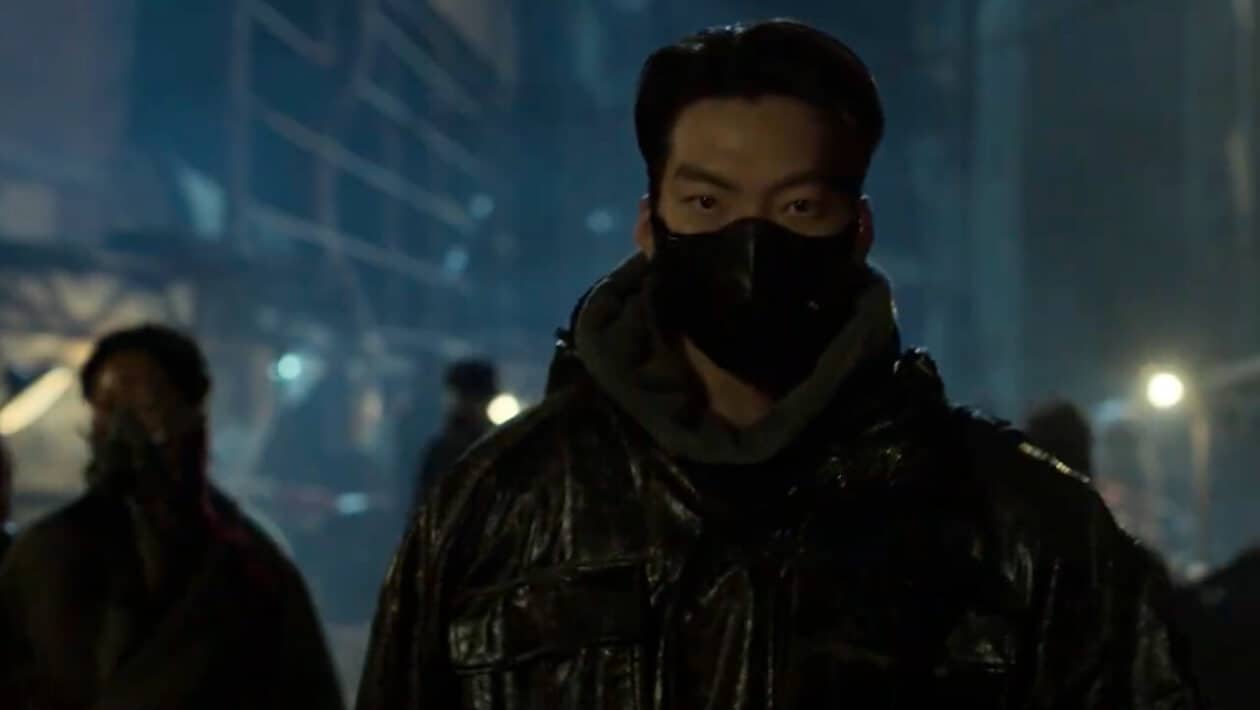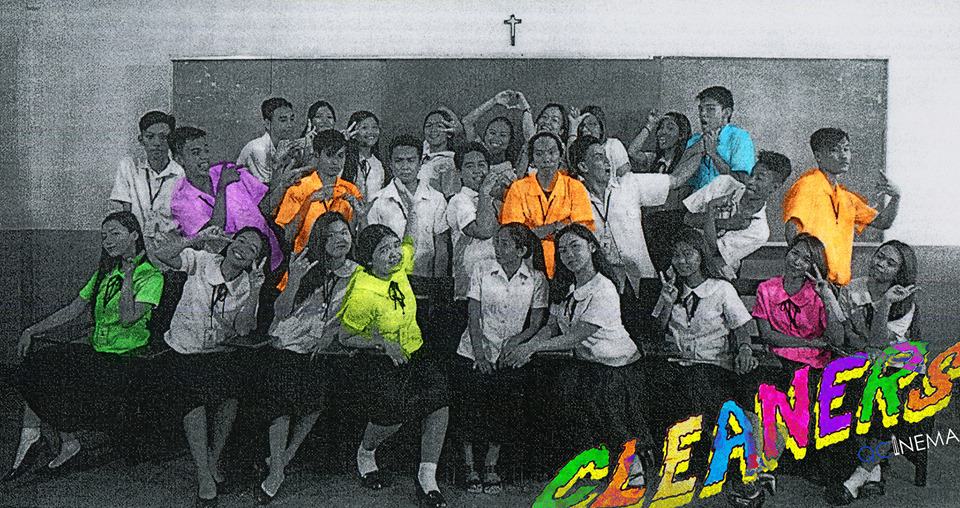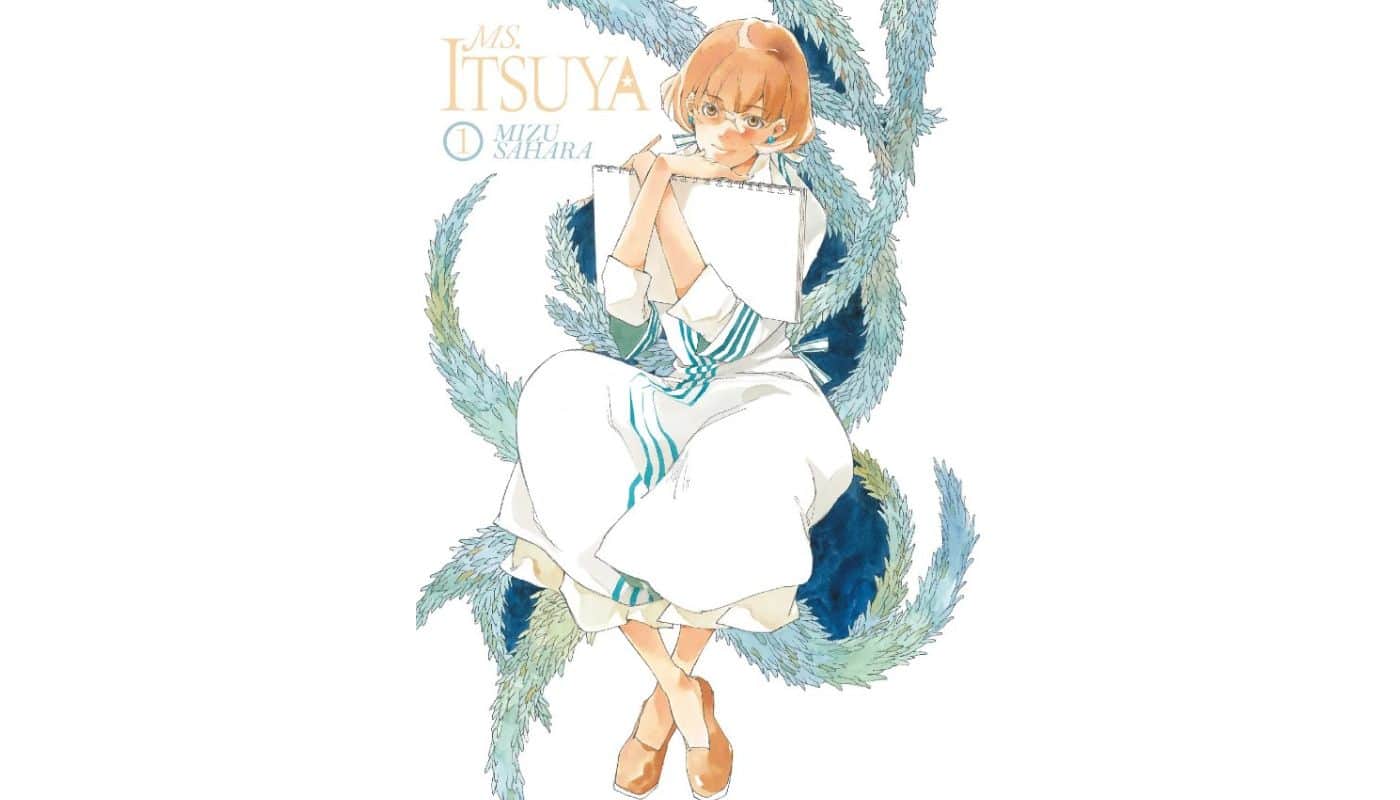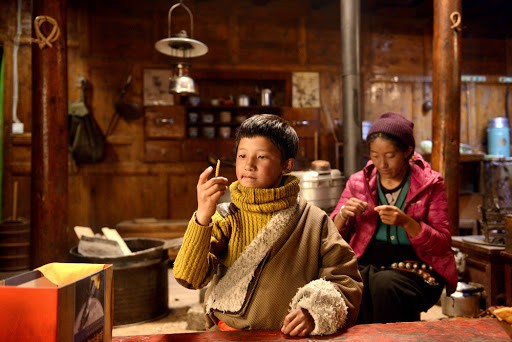Based on the homonymous manga series by Naoki Urasawa, which, in its turn, is based on Osamu Tezuka's “Astro Boy”, specifically “The Greatest Robot on Earth”) story arc, “Pluto” fosters one of the most intricate stories we have seen lately in an anime, with the author reinterpreting the story as a suspenseful murder mystery, in a style that will remind many of another masterpiece of the category, “Monster”.
Click the image below to follow our Tribute to Netflix
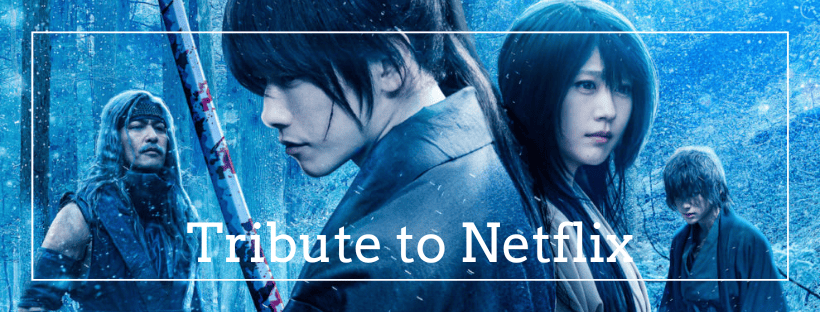
The series follows an alternative format, since, instead of 24 20-minute episodes, it is streaming on Netflix in 8 episodes that range between 56-71 minutes. The story revolves around Europol robot detective Gesicht in his attempts to solve the case of a string of robot and human deaths around the world where all the victims have objects shoved into or positioned by their heads, imitating horns. As the story progresses, it is revealed that the killer is targeting the seven great robots of the world, one of which is Gesicht himself and another Atom, the hero from the aforementioned “Astro Boy”. The case becomes more puzzling when evidence suggests a robot is responsible for the murders, which would make it the first time a robot has killed a human in eight years, with Gesicht being involved even in that case.
The case of International Robot Laws, the Bora Inquiry Commission, which, years before, researched the possibility of Iran developing robots that could be used for mass destruction, just like the aforementioned seven, Abula, Bona, and Pluto also become key concepts as Gesicht stumbles upon new questions with each answer he gets.
Check also this video
Evidently, the biggest appeal of the series is the exquisite story, which combines the crime thriller (whodunit if you prefer) with intense sociopolitical, philosophical and historical comments, while not neglecting the action aspect. In that fashion, the comments on AI and what constitutes a human and what not, as much as how society will eventually deal with being created artificially, both socially and politically, emerges as one of the most central narrative axes. Parenthood, crime and punishment, revenge and grief are also integral part of the story, while the parallel with Iran and their treatment by the US government regarding their supposed nuclear weapons emerges as one of the most interesting elements here.
Also of note are the characters, the majority of which are analyzed thoroughly, despite their plethora. Gesicht, a robot with a wife, who always wanted a child, is a worthy protagonist, as are Atom and Epsilon, with the latter two becoming the main focus closer to the end. Professor Tenma and Professor Abullah also emerge as quite intriguing characters, while the presence of Pluto and Bora permeates the narrative, adding to the mystery as the main source of the crime element here. In that fashion, Shigeru Fujita's character design is excellent, with him managing to create a series of characters that stand easily apart from each other, even if he overdid it a bit with the big noses of the Europeans. The battle robots in particular are a wonder to watch, both in their human forms and their battle ones, which occasionally includes gigantic exoskeletons.
The way Kawaguchi retains the mystery until the end about what is happening and who the perpetrators are is one of the most appealing elements here, but the truth is that he does milk the whole thing a bit too much, with the inclusion of a couple of characters essentially being unnecessary and the main arc dragging somewhat. This, however, is just a small issue in an overall excellent story.
The animation and the visuals overall are also excellent. The overall colorful approach creates a very appealing antithesis with the subject matter, while a series of noir-like scenes add to the variety found throughout the series. The backgrounds are presented with utmost detail, particularly the urban settings, while the animation by Studio M2 is excellent both in the normal scenes and the action ones, with the way the characters transform being quite impressive. The apogee of the audiovisual aspect however, is met close to the end, with the battle of epic proportions providing a true extravaganza, highlighting the job done in all the technical aspects of the anime.
“Pluto” is a truly masterful anime, one of those that are chiefly directed to a more mature audience due to its narrative intricacy, and definitely among the best titles of the year.


